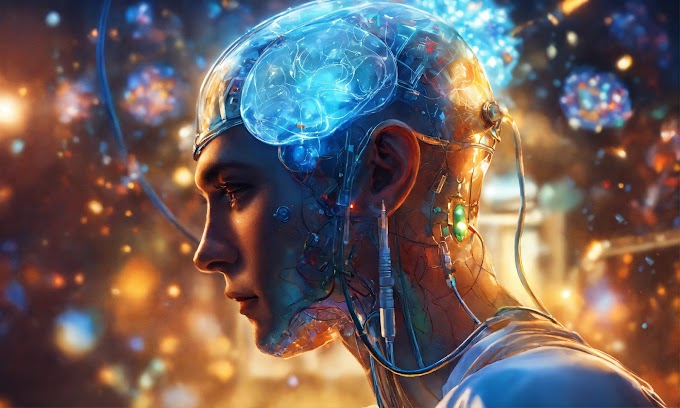In recent years, we have witnessed remarkable advancements in artificial intelligence (AI) technology, which has significantly altered the landscape of society and the workforce.
AI has revolutionized various industries, offering enhanced productivity, efficiency, and convenience. However, these advancements come with a host of implications, both positive and negative, that have far-reaching effects on society and the workforce.
In this blog post, we will explore the multifaceted impact of AI on various aspects of our lives.
Increased Automation and Job Displacement
One of the most noticeable impacts of AI on the workforce is the increased automation of tasks. AI-driven automation has streamlined various processes across industries, leading to increased productivity and reduced operational costs.However, this automation has also led to concerns about job displacement, especially for tasks that are repetitive and rule-based.
While new job opportunities may arise in the AI and tech sectors, reskilling and upskilling of the workforce are crucial to ensure a smooth transition. Governments, businesses, and educational institutions need to collaborate to develop training programs that equip individuals with the skills necessary to thrive in an AI-driven world.
While new job opportunities may arise in the AI and tech sectors, reskilling and upskilling of the workforce are crucial to ensure a smooth transition. Governments, businesses, and educational institutions need to collaborate to develop training programs that equip individuals with the skills necessary to thrive in an AI-driven world.
Augmented Decision-Making
AI's ability to process vast amounts of data and identify patterns has empowered decision-making in various fields, from healthcare to finance. AI-driven algorithms can assist professionals in making informed choices and predictions based on historical data and real-time information.However, the reliance on AI for decision-making also raises ethical concerns. Biases in data and algorithmic decision-making can lead to unfair outcomes. Ensuring transparency and accountability in AI systems is essential to mitigate potential biases and maintain public trust.
Advancements in Healthcare
The impact of AI on the healthcare sector has been transformative. AI-powered applications can analyze medical images, assist in disease diagnosis, and predict patient outcomes. Moreover, AI-driven chatbots and virtual health assistants have improved patient engagement and support.
While these innovations have the potential to revolutionize healthcare delivery and patient outcomes, data privacy and security remain major concerns. Safeguarding sensitive patient information and ensuring compliance with data protection regulations are critical in the healthcare AI landscape.
AI and Creativity
Traditionally, creativity was considered a distinctly human trait. However, AI has challenged this notion by demonstrating its ability to generate creative works, such as art, music, and even literature. AI algorithms can analyze existing creative content and produce original pieces, blurring the line between human and AI-generated creativity.While AI-driven creativity can be exciting, it also raises questions about the authenticity and ownership of creative works. Additionally, the role of human artists and creatives remains indispensable, as AI-generated content often lacks the emotional depth and originality that human experiences bring to artistic expression.
Ethical and Social Implications
As AI technology evolves, it becomes imperative to address the ethical and social implications that accompany its widespread adoption. Privacy concerns, algorithmic biases, and AI's impact on human dignity are some of the critical issues that demand attention.Establishing clear ethical guidelines and regulations is crucial to ensure responsible AI development and usage. Collaboration between policymakers, technologists, and ethicists is essential in shaping AI's future to align with societal values.
Also Read Cybersecurity in the Digital Age: Threats, Prevention, and Mitigation
Conclusion
The impact of artificial intelligence on society and the workforce is profound and multi-faceted. While AI offers numerous benefits, including increased efficiency, improved decision-making, and advancements in various sectors, it also presents challenges that need to be addressed thoughtfully. Striking a balance between embracing AI's potential and addressing its ethical and social implications will be vital as we navigate the ever-evolving landscape of AI technology.
By fostering responsible AI development and investing in the continuous upskilling of the workforce, we can create a future where AI serves as a powerful tool for positive change while preserving the values that define us as humans.
Posted By FAMILIAR FACTO
"FamiliarFacto" is a user-friendly knowledge-based website designed to provide a comforting and familiar platform for users to access valuable information on a wide range of topics. The website's primary goal is to create an inviting and approachable learning experience for users of all backgrounds and ages.




.webp)


